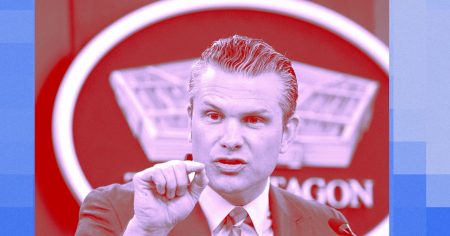Jeremy Bradley-Silverio Donato, COO at Zama.
The adage, “When you love what you do, you’ll never work a day in your life,” is a compelling thought. It suggests that if you’re passionate about your work, it won’t feel like work at all. While the spirit of this statement holds true, it is not universally applicable, especially when considering the realities of leading an organization.
Business leaders often start their entrepreneurial journey or rise to executive positions due to their passion for their industry or the work they do. However, the romantic notion of the idea that this is “never work” obscures the complexities and challenges we as leaders face. Loving what you do does not equate to immunity from stress, burnout or the relentless demand of responsibilities.
Wearing Many Hats
First, let’s consider the many roles a business leader plays. Leaders are not just innovators but also strategists, decision-makers, crisis managers and team builders. Each role comes with its unique challenges and requires different skill sets. A leader might love the creative aspect of their work but find the administrative or financial management tasks taxing. Therefore, despite having an overall passion for their business, they cannot escape from doing work they might not enjoy.
Moreover, the pressures business leaders face are immense. Leaders bear the weight of their company’s success or failure. This responsibility can be incredibly stressful, regardless of how much they love their work. The constant pressure to make the right decisions, maintain profitability and secure the company’s future can indeed feel like hard work.
Pursuing Your Passion Doesn’t Necessarily Mean Satisfaction
Secondly, the saying assumes a linear relationship between passion and satisfaction, but the reality is far more nuanced. Even with a strong love for their jobs, leaders can still feel overworked. Long hours, little time for relaxation or personal life, and the expectation to always be “on” can lead to burnout. This is especially true in startup culture, where working excessively is often glamorized.
You can argue that if a leader truly loves their work, they won’t mind the sacrifices. But it’s important to remember that leaders are humans, not machines. You have needs beyond work, and it’s important to ensure these needs are prioritized. Otherwise, your work, which you love, can turn into a source of discontent.
Also, loving your work does not eliminate the potential for failure, and failure can be painful. As a business leader, you can be incredibly passionate about your project, but external factors like market conditions, competition and financial constraints can lead to failure. The emotional toll of such failures should not be overlooked.
Making Tough Calls
Lastly, business leaders often have to make hard decisions that might conflict with their passion. They might have to lay off employees, cut down on products or services they believe in or pivot their business entirely for the company’s survival. These decisions, though necessary, can be emotionally taxing and make their jobs feel very much like work.
Therefore, the statement, “When you love what you do, you’ll never work a day in your life,” seems more like an oversimplification of reality. Yes, loving what you do can provide motivation, resilience and satisfaction, but it does not eradicate the challenges and demands of being a business leader. It doesn’t make the tough decisions easier, nor does it prevent burnout.
So, while passion for one’s work is undeniably a potent fuel for perseverance and success, it should not be romanticized to the extent that the real challenges of leadership are overlooked. To say that one will never “work” a day in their life if they love what they do is a misconception. The truth is, even when you love what you do, especially in a leadership position, you will work, you will struggle and you will face challenges. But it’s the love for what you do that keeps you going despite these difficulties.
Forbes Business Council is the foremost growth and networking organization for business owners and leaders. Do I qualify?
Read the full article here










